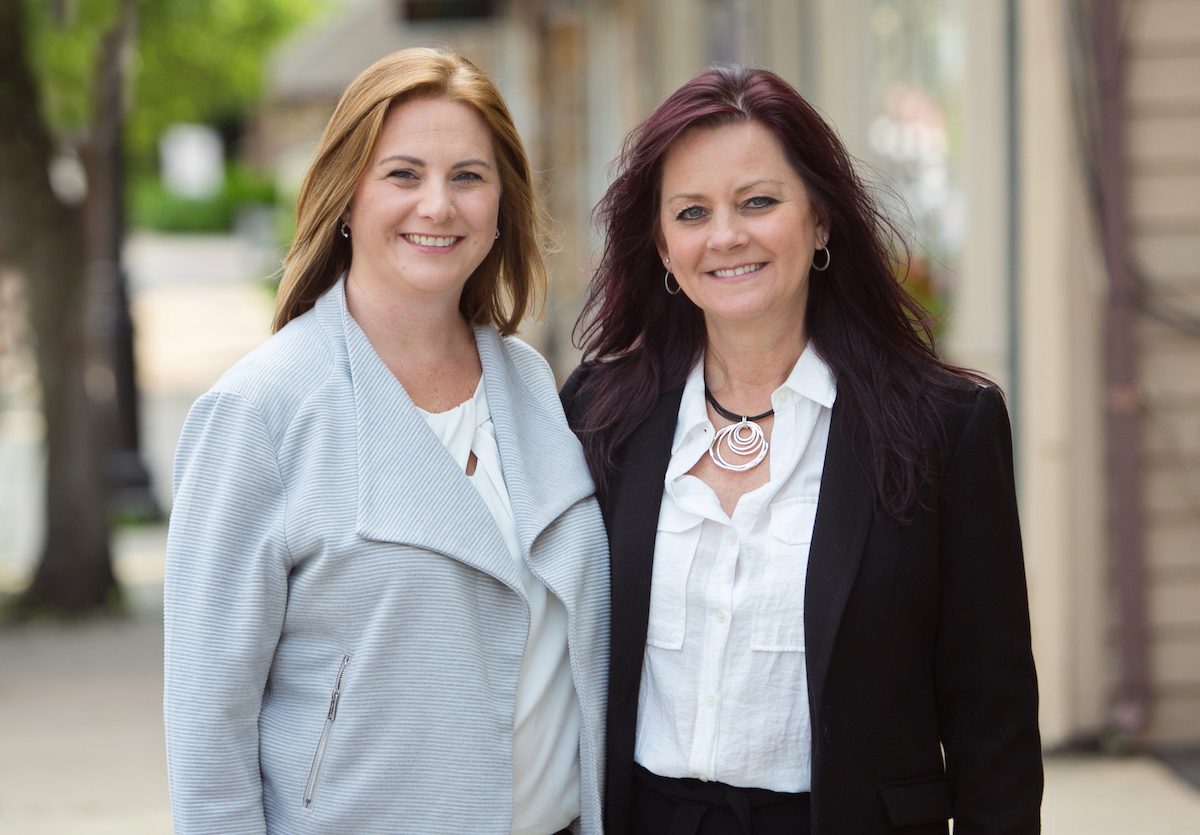Tracy Warren and Tammi Jantzen are working on growing their first company together, but the pair are far from new to the medtech game.
Both women have pivoted to running a company after years of working in investing in other early-stage technology companies — Warren has been a banker, venture capitalist and entrepreneur, while Jantzen was CFO of three early-stage venture capital funds. Their niche was “how to build a company around a technology,” Warren said.
Between them, the pair had raised funds for about 75 ventures, but when they stepped back and looked at that mass of businesses, they realized there were few truly dedicated to women-beneficial technology, she said.
“We kind of wanted to do something that meant more to us personally,” said Warren, the company’s CEO. “We’re both mothers, Tammy is actually a grandmother, and we wanted to bring more capital to women’s health.”
Warren and Jantzen launched Bucks County-based Astarte Medical in 2016. The company raised $5 million in a Series A round this spring and is using the funding to complete the development of its flagship product: NICUtrition, a suite of digital tools and diagnostics that supports feeding protocols, practice and decision-making in neonatal intensive care units (NICUs). (Astarte is an ancient Middle Eastern goddess associated with fertility.)
Current NICU feeding protocols are complex and must be tracked manually, which slows staffers down. Astarte’s product looks to automate the feeding protocols and use quantitative data about preterm babies’ gut health to deliver customized care and nutrition.
Their background in raising venture capital gave them the preparation they needed for building a business from the ground up, Warren said.
“We were marrying that experience with a passion we both share,” she said, along with “being the first experienced venture group to say ‘women’s health is worth it.'”
The team became particularly interested in the challenges NICU caretakers face after meeting Katherine Gregory, a former NICU nurse who went on to get her Ph.D. and become a professor and researcher of pediatrics at Harvard Medical School.
With her consultation, the team developed cloud-based technology that helps with decision making and planning surrounding preemie care and feeding, usually with babies born under 34 weeks.
While the pair had a lot of experience from one side of the fundraising stage, Warren said they may have been more conservative than they needed to be when fundraising for themselves, being careful not to overpromise and underdeliver.
“With fundraising you have to put a different lens on the business,” she said. (Their $5 million puts them in a minority: In Philly, less than a fifth of all VC dollars go to companies founded by at least one woman.)
But the business has grown: The team just moved to some office space in the Grist Mill in Yardley and aims to add two new roles — a software engineer and a business analyst — to its seven-person team in the near future.
“We have really benefited from the Philly community,” Warren said. “We’ve been able to hire here, get interns. Building a company here has been really pleasantly surprising.”
Join the conversation!
Find news, events, jobs and people who share your interests on Technical.ly's open community Slack

Philly daily roundup: East Market coworking; Temple's $2.5M engineering donation; WITS spring summit

Philly daily roundup: Jason Bannon leaves Ben Franklin; $26M for narcolepsy treatment; Philly Tech Calendar turns one

Philly daily roundup: Closed hospital into tech hub; Pew State of the City; PHL Open for Business


